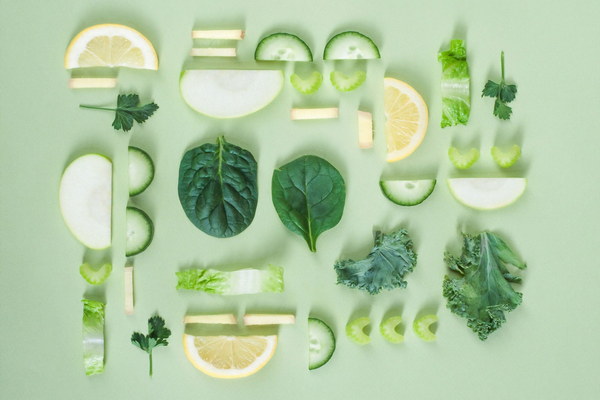Deciphering the Difference Is It Better to Separate StomachCaring Meals and Soups
In the quest for a healthier lifestyle, many people turn to stomach-caring meals and soups as a means to improve their digestion and overall gut health. But is it better to separate these two culinary options, or can they be combined for maximum benefit? Let’s delve into the differences between stomach-caring meals and soups and determine the best approach to nourish your stomach.
Understanding Stomach-Caring Meals and Soups
First, let’s define what we mean by stomach-caring meals and soups.
Stomach-caring meals refer to dishes that are specifically designed to be gentle on the digestive system. These meals are often low in fat, easy to digest, and rich in nutrients that support gut health. Examples include oatmeal, bananas, rice, applesauce, and lean proteins like chicken or fish.
On the other hand, soups are liquid-based dishes that can be made from a variety of ingredients, including vegetables, meats, and grains. They are known for their hydrating properties and ability to provide warmth and comfort. Soups can be soothing for the stomach and may also help with digestion due to their liquid nature.
Separating Stomach-Caring Meals and Soups: Pros and Cons
Now, let’s explore the benefits and drawbacks of separating these two culinary options.
Pros of Separating Stomach-Caring Meals and Soups:
1. Focus on Nutrient Absorption: By consuming stomach-caring meals and soups separately, you can focus on the specific nutrients each dish provides. This allows for better absorption and utilization of these nutrients by the body.
2. Control Over Portion Sizes: Eating meals and soups separately can help you better control portion sizes, which is beneficial for maintaining a healthy weight and preventing overeating.
3. Variety in Diet: Separating the two can lead to a more diverse diet, as you can experiment with different ingredients and flavors for your meals and soups.
Cons of Separating Stomach-Caring Meals and Soups:
1. Potential Nutrient Loss: When you consume meals and soups separately, there’s a chance that some nutrients may be lost during the digestion process.
2. Time and Effort: Preparing and eating meals and soups separately can be more time-consuming and may require more effort in meal planning and preparation.
Combining Stomach-Caring Meals and Soups:
While there are pros and cons to separating stomach-caring meals and soups, many people find that combining the two can yield the best results.

1. Balanced Nutrients: By combining meals and soups, you can ensure that you receive a balanced intake of nutrients, both from solid and liquid sources.
2. Comfort and Hydration: Eating a meal with a side of soup can provide both comfort and hydration, which is particularly beneficial during colder months or when you need a soothing stomach remedy.
3. Easier Digestion: The liquid nature of soups can help with digestion, while the solid components of the meal provide the necessary nutrients and fiber.
In conclusion, whether you choose to separate stomach-caring meals and soups or combine them depends on your personal preferences and dietary needs. By understanding the differences between the two and considering their benefits and drawbacks, you can make an informed decision on how to best nourish your stomach and improve your gut health.









